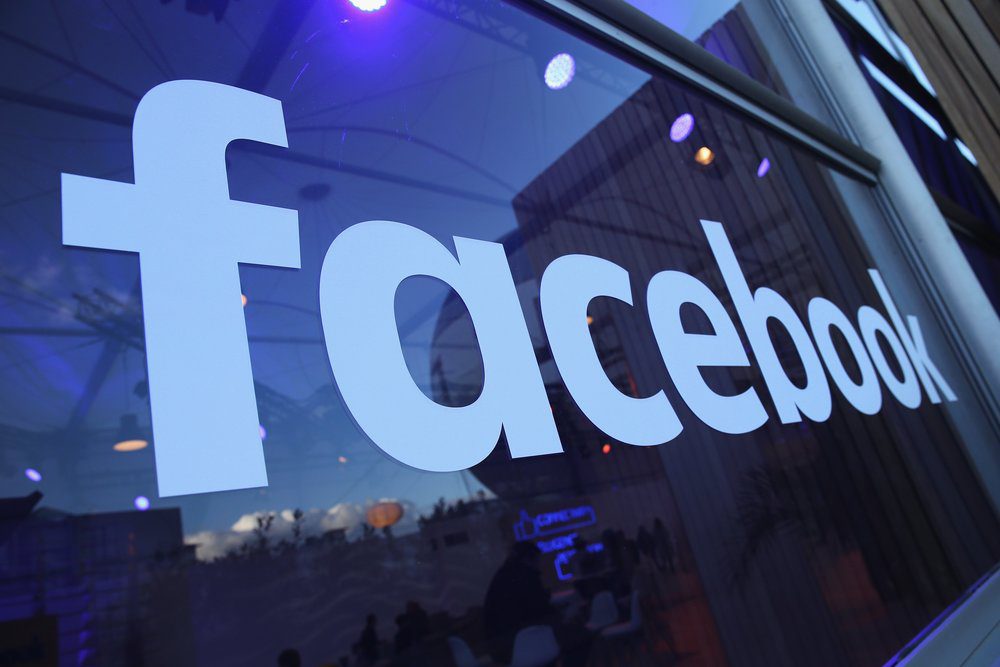Facebook has gained worldwide acclaim since it was founded in 2004 for all the right reasons. While sagas aren’t an entirely new concept to the company (to any company listed on the stock exchange really), recent revelations about data fidelity could see the company face an arduous task of redeeming its public image.
The U.S Consumer protection regulator made it public on March 27th that they would launch a probe into how 50 million users’ data was able to be accessed by a political consultancy company, Cambridge Analytica.

An app masquerading as a personality quiz was able to obtain data from 270,00 Facebook users. In the process, it also sucked up all of the information about them and their Facebook friends too
In light of the revelation and subsequent investigation, more than $50 billion has been wiped off the values of Facebook’s shares. At present, its shares are said to be down by around $95 billion. Concerns about data breaches are likely to drive the numbers to drop much further.
The drop in value has seen Facebook accrue losses far greater than the total market value of major corporations like Qualcomm (valued at 85 billion), Starbucks (valued at $81 billion), and Costco (valued at $80 billion).
Also recently, the US Federal Trade Commission confirmed that it was going to launch a probe in the affairs of the social media site’s ill-informed gargantuan privacy practices. Facebook bosses will, however, be pleased to learn that the hemorrhage has been stopped, albeit temporarily while they evaluate their next course of action. By 29 March, the market share price had settled at around $153 a share.
At the Root of the Problem

The app masquerading as a personality app was able to get data of about 50-60 Million Facebook Users
Numerous analysts have come to fore in trying to explain Facebook’s recent market capitulation. The argument by most is a decline in investors’ confidence following the continued inspection on Facebook’s management of user data by both European regulators and US regulators.
A British company, Cambridge Analytica, was discovered to have harvested personal data from as many as 50 million Facebook profiles. Of interest is the fact that they collected this data from users by an app masquerading as a personality quiz. Data obtained from the quiz was then used in mapping out voter behavior in both the 2016 US election and Brexit campaign in the UK.
Cambridge Analytica is a company that appeals to businesses by promising to “change audience behavior”. Thanks to the involvement of the 2016 US election, it is considered by many as having played a significant role in the election of President Donald Trump.
Summons
Mark Zuckerberg, the tech billionaire behind Facebook, was requested to appear before the UK parliament. The appearance was to enable presentation of evidence on the recent fiasco. With respect, he instead asked a fellow Facebook staffer to meet up with legislators.
He, however, agreed to face the US Congress and elucidate on the issues raised. Congress members wish to have Zuckerberg testify before a committee on Facebook’s use of users’ personal information.
Lawmakers in the U.S, including U.S senators John Kennedy and Amy Klobuchar, have called for a hearing about the state of data security. They wish to call to question the way tech executives, Zuckerberg included, handle privacy rights.
Business Unusual

Fully aware that data breach existed, Facebook asked companies with user data to delete them. However, they did not enforce the rule.
In the light of all these happenings, Facebook has already cut ties with Cambridge Analytica by suspending their working relationship. Incredibly, Facebook is said to have known about the issue since 2015. However, the company has refused to acknowledge the current conundrum as a breach of data.
Other tech stocks seem to have taken a hit since Facebook came under the spotlight. At present, NASDAQ has not been doing all too well. Facebook contemporaries in the social media scene like Google and Twitter have dwindled in share value too.
Numerous investors worry that these companies, Twitter, Google, and Facebook, are set to face a myriad of tougher new regulations. These regulations are expected to be implemented world over thanks to the Cambridge Analytica scandal.
Implementation of these new policies may stifle the growth of all associated companies. At present, Facebook is expected to bear the most brunt. The worry among investors is that users are likely to leave these social media sites due to privacy concerns raised. With lower user numbers, advertisers may, in turn, decide to flee too.
While most analysts predict doom for Facebook, others think of the whole situation as an overreaction. At present, with damage limitation strategies in place, the problem seems to be nipped in the bud. However, the future remains to be seen in what it has in store for Facebook and its affiliates. Such companies were once considered virtually untouchable. Slowly, the narrative is changing.
